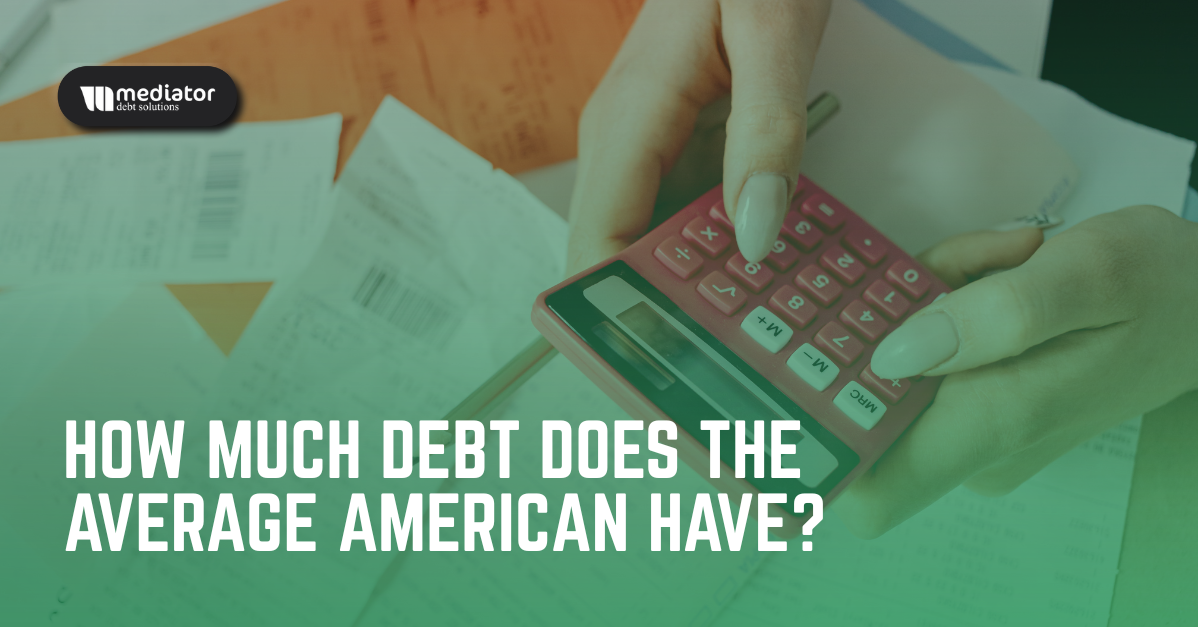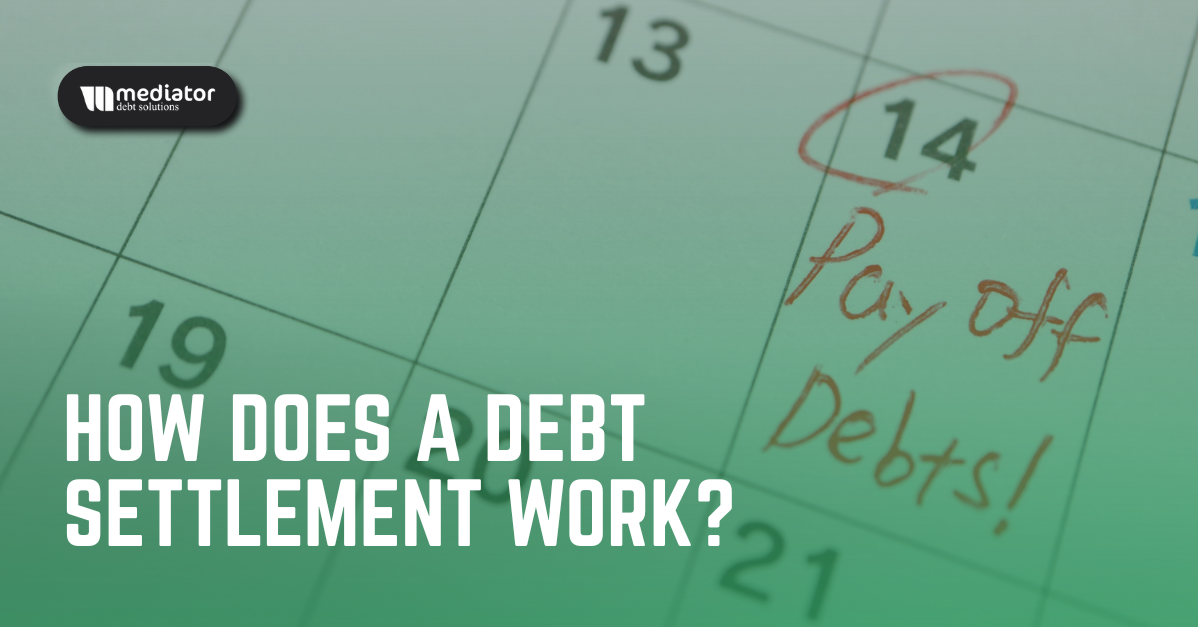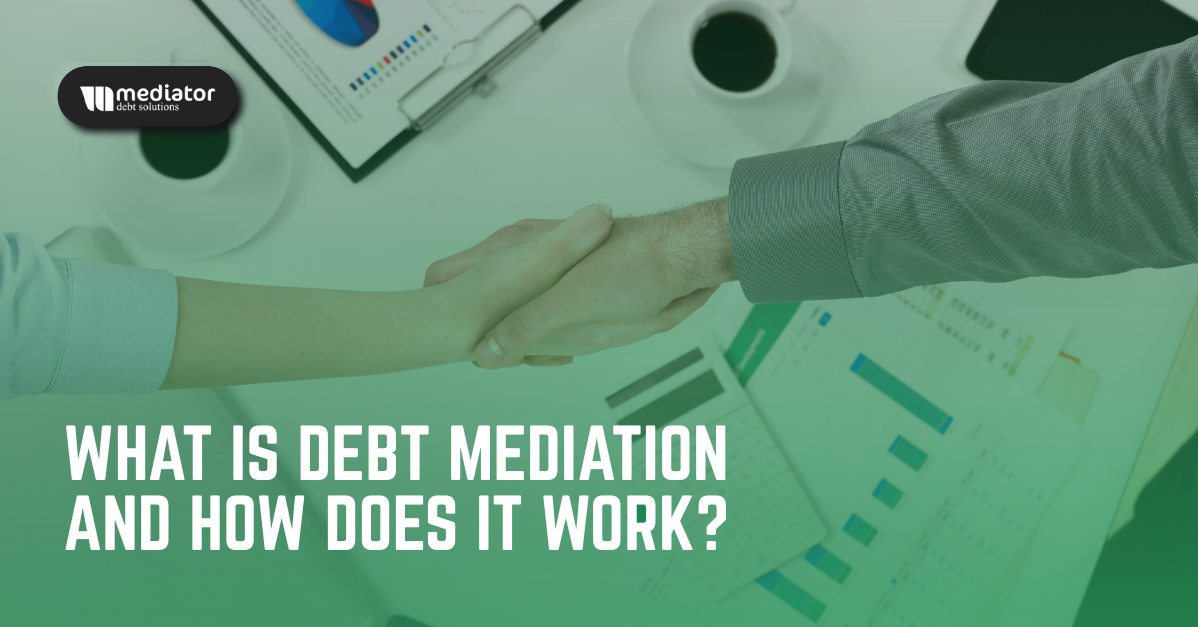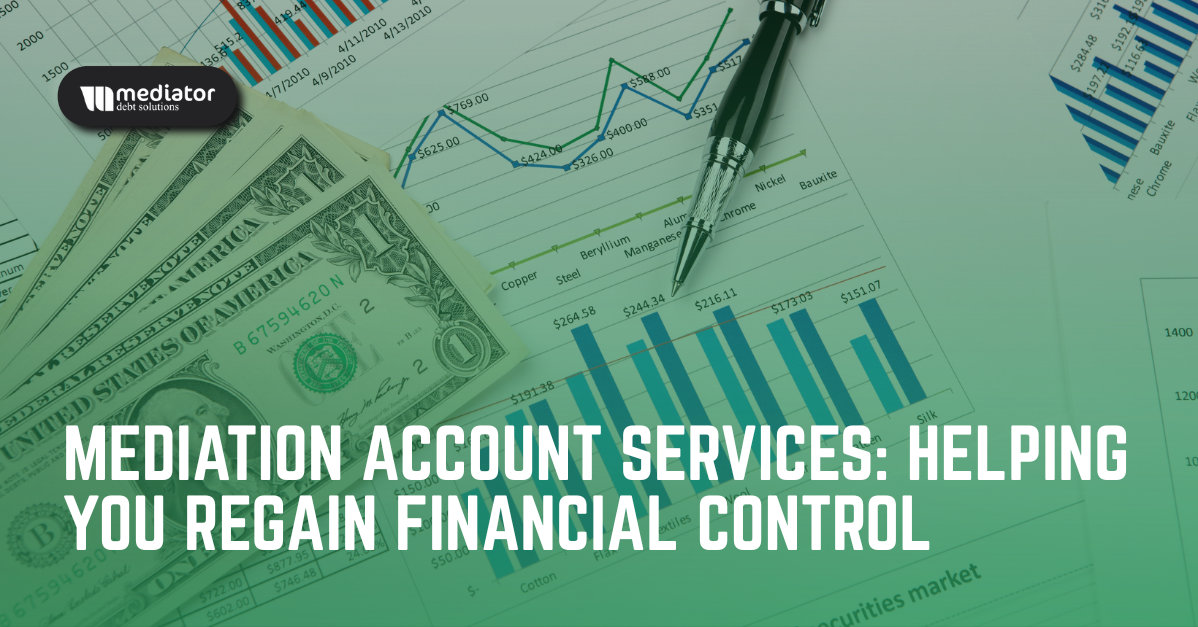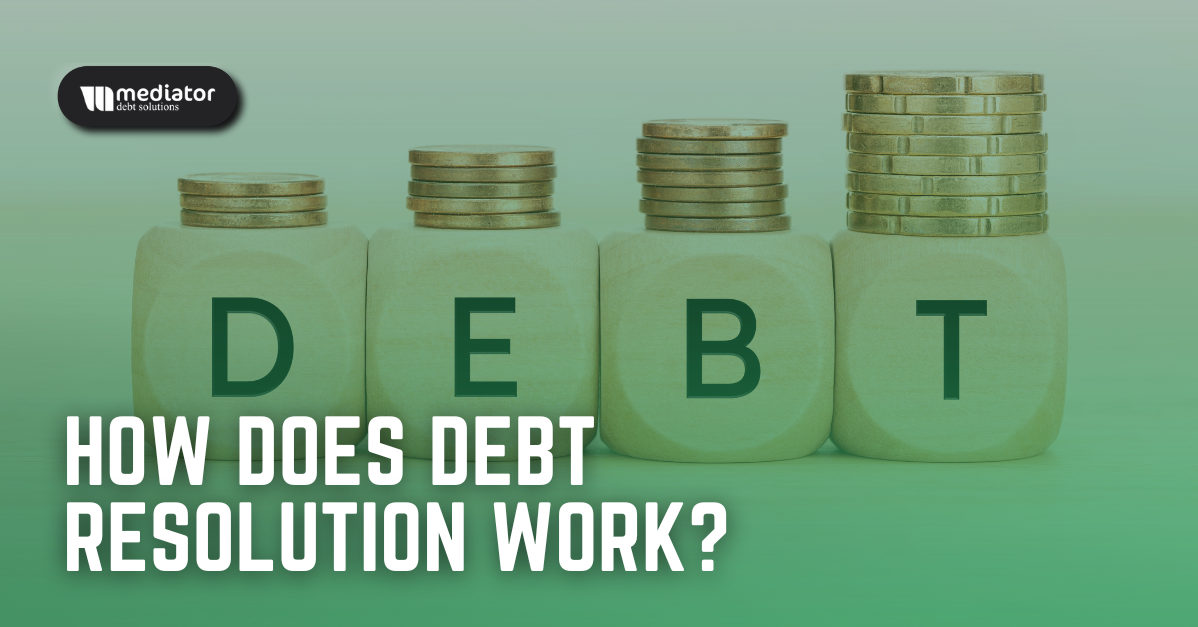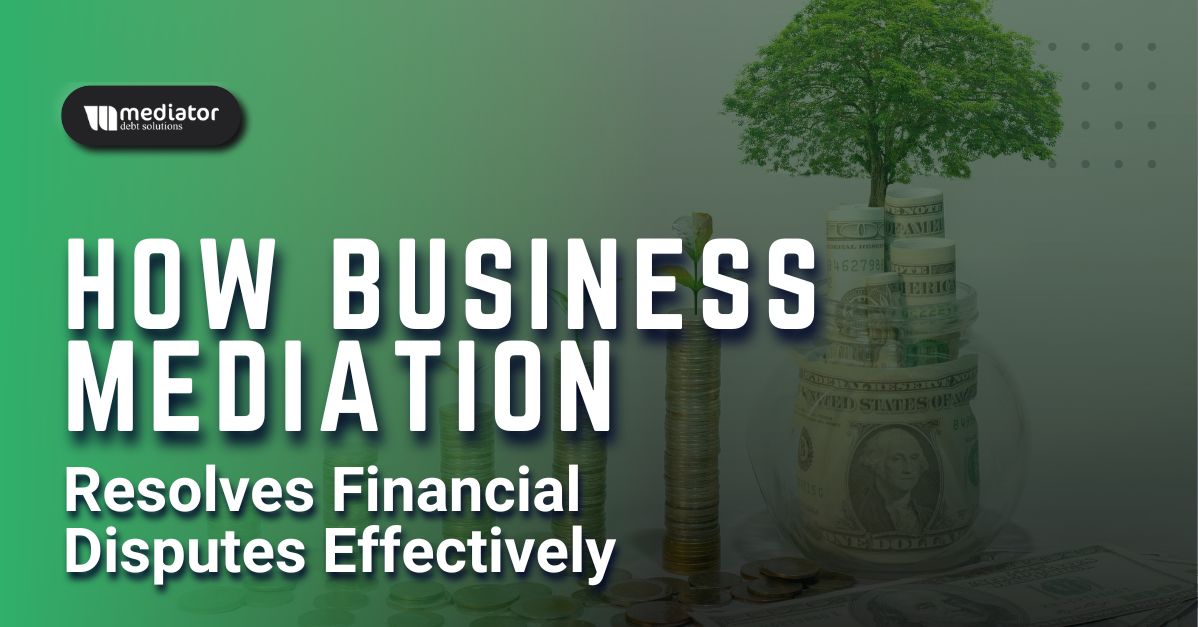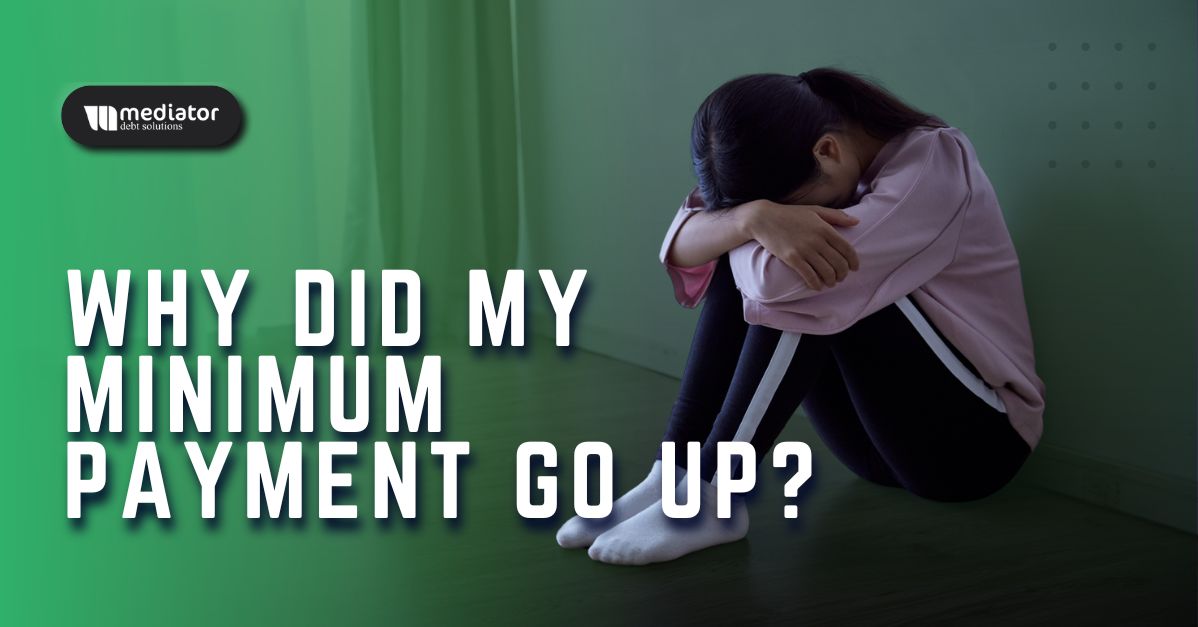In the realm of financial challenges, the instinct to avoid confronting debt collectors might be tempting. However, ignoring the situation, especially when you’ve been sued or owe a substantial amount, can lead to severe consequences. In this blog post, we unravel the critical question: “What happens if you ignore a debt collector?”
Mediator Debt Solutions is here to guide you through the perils of neglecting debt-related matters and provide actionable steps to take control of your financial destiny. Discover why proactive engagement is key and learn the essential measures to navigate the complexities of debt without succumbing to the pitfalls of avoidance.
Can My Debt Collector Sue Me?
Debt collectors typically resort to filing a lawsuit when all attempts to collect a debt through conventional means have proven unsuccessful. Several reasons might lead to a debt collector taking legal action:
- Unpaid Debt
The most common reason for a debt collector to sue is non-payment of a debt. If you consistently fail to make payments, the creditor may escalate their efforts to recover the money owed.
- Disputes Over Debt Validity
Lawsuits may arise if the individual disputes the validity of the debt. The debt collector might pursue legal action to verify and enforce the debt.
- Debt Ownership Disputes
Disputes regarding who owns the debt or if it has been sold to another collection agency can lead to legal action to establish ownership.
- Legal Action as a Last Resort
Filing a lawsuit is often a last resort for debt collectors. It is a means of compelling the debtor to address the outstanding debt through legal channels.
It’s crucial to note that debt collectors must adhere to regulations outlined in the Fair Debt Collection Practices Act (FDCPA). This legislation sets guidelines for ethical debt collection practices, protecting consumers from harassment or unfair treatment. If you’re unsure why a debt collector has sued you, it’s recommended to seek legal advice to understand the specifics of your situation and explore potential resolutions.
Can’t I Just Ignore My Debt Collector’s Lawsuit?
Ignoring a lawsuit from a debt collector is not a recommended course of action and can have serious consequences. If you choose to ignore the lawsuit, the court may issue a default judgment in favor of the debt collector. What does this mean for you?
It automatically means that you lose the case, and you could be legally obligated to pay the full amount they are seeking. Such a judgment can lead to various enforcement actions, including wage garnishment, bank account levies, and property liens. Additionally, ignoring the lawsuit may result in accruing additional legal costs and fees, as the court might hold you responsible for the debt collector’s expenses.
Instead of ignoring the lawsuit, it is crucial to respond in a timely manner. You can file a response within the specified timeframe, acknowledging the court and the debt collector that you are contesting the case. How about seeking some legal advice? Consulting with an attorney can help you understand your rights and explore potential defenses against the debt claim.
Moreover, you may consider negotiating a settlement with the debt collector, which could involve reaching an agreement on a reduced amount or establishing a structured repayment plan. Taking proactive steps and seeking legal guidance can contribute to a more effective resolution of the situation and potentially lead to more favorable outcomes.
Can Debt Settlement Help Me?
Yes, pursuing debt settlement is a viable option to address your outstanding debts and potentially stop legal actions from debt collectors. Debt settlement involves negotiating with creditors or debt collectors to reach an agreement on a reduced amount that you can pay to settle the debt. If successful, this approach can lead to several benefits:
- Reduced Total Debt: Debt settlement allows you to negotiate for a lower total amount than what you originally owed.
- Structured Repayment Plan: You may be able to establish a structured repayment plan that aligns with your financial capacity.
- Avoiding Legal Consequences: Successfully settling the debt through negotiations can help you avoid or resolve legal actions, including a debt collector’s lawsuit.
- End to Harassment: Once a settlement is reached and paid, the debt is considered resolved, and creditors or collectors should cease their collection efforts.
- Potential Cost Savings: Settling the debt through negotiation can often save you money compared to paying the full amount, especially if interest and fees are waived.
Before embarking on debt settlement, it’s advisable to seek professional advice, such as consulting with a debt settlement company like Mediator Debt Solutions. They can guide you through the process, assess your specific situation, and help you make informed decisions to achieve financial stability.





